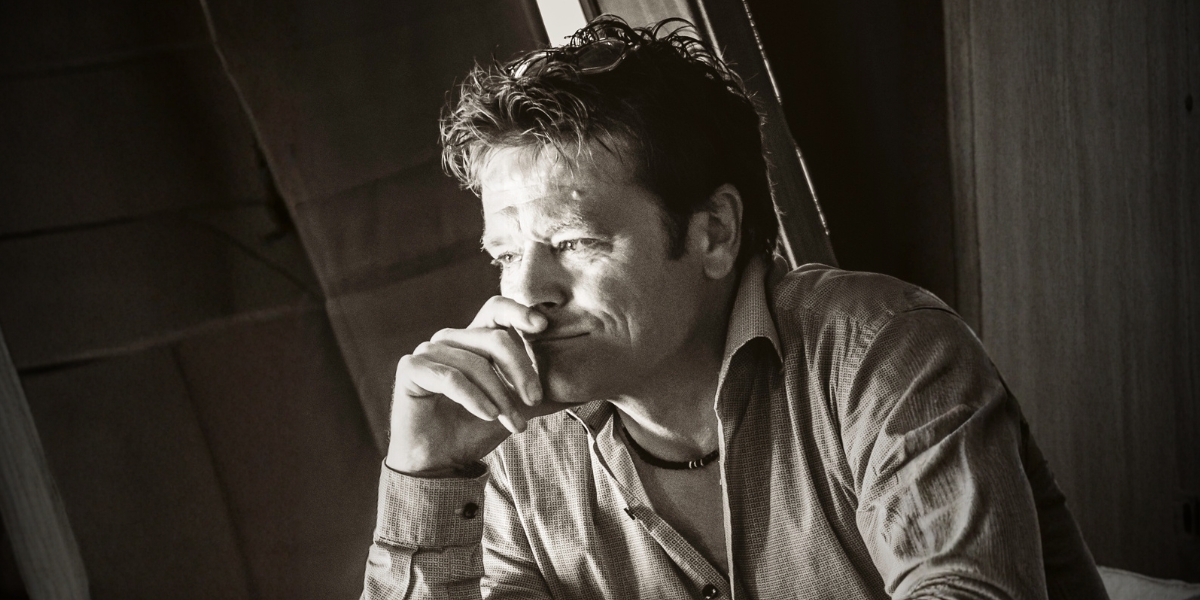Comedy and drama may seem like two different worlds, but in the realm of acting, they often intertwine seamlessly. Many comedians have successfully made the transition from making audiences laugh to delivering powerful performances that tug at the heartstrings. Let’s explore how and why comedians excel in dramatic roles and why their versatility is celebrated in the world of entertainment.
The Power of Emotion
At its core, acting is about conveying emotion authentically, regardless of the genre. Comedians, known for their ability to evoke laughter, possess a deep understanding of human emotions. They excel in observing and interpreting human behavior, which translates well into portraying complex and nuanced characters in dramatic roles.
Moreover, comedians often have a heightened sense of empathy, allowing them to connect with characters on a deeper level and bring authenticity to their performances. Whether it’s portraying love, loss, or longing, comedians have the emotional range to convincingly convey a wide array of feelings, captivating audiences with their depth and vulnerability.
Timing and Delivery
One of the hallmarks of comedy is impeccable timing and delivery. Comedians master the art of pacing and rhythm, knowing precisely when to deliver a punchline for maximum impact. This skill translates seamlessly into dramatic acting, where timing is equally crucial in building tension and suspense within a scene.
Furthermore, comedians understand the importance of subtlety and nuance in their performances. They know when to dial up the intensity for dramatic effect and when to pull back, allowing moments of silence and introspection to resonate with viewers. This ability to modulate their performance adds layers of complexity to their characters, making them more relatable and engaging to audiences.
The Element of Surprise
Audiences love to be surprised, and comedians-turned-dramatic actors often defy expectations with their versatility. Seeing a familiar face from the world of comedy tackle a dramatic role can be both surprising and refreshing, challenging preconceived notions and showcasing the actor’s range and depth.
Moreover, comedians bring a unique perspective to dramatic roles, infusing them with unexpected humor and levity. This juxtaposition of comedy and drama can create moments of emotional resonance and catharsis, leaving a lasting impression on viewers long after the credits roll.
Comedians Breaking Stereotypes
The transition from comedy to drama also allows comedians to break free from the constraints of typecasting and challenge stereotypes. By taking on dramatic roles, comedians demonstrate their ability to inhabit diverse characters and narratives, proving that they are more than just funny people making jokes.
This breaking of stereotypes not only expands the opportunities available to comedians but also enriches the landscape of storytelling in film and television. It opens doors for greater representation and diversity, allowing actors from all backgrounds to explore a wide range of roles and narratives.
Contrarian View: Is There a Risk of Typecasting?
While the versatility of comedians in dramatic roles is celebrated, some argue that there is a risk of typecasting or pigeonholing actors into certain roles. Critics suggest that audiences may struggle to see comedians in serious roles, expecting them to deliver laughs rather than heartfelt performances.
Moreover, there is a concern that comedians may face backlash or skepticism from casting directors and producers when auditioning for dramatic roles. Despite their talent and experience, some may struggle to break free from the perception that they are primarily comedic actors, limiting their opportunities in the industry.
Summarizing the Transition
In summary, comedians make great dramatic actors due to their innate understanding of human emotion, impeccable timing and delivery, and ability to surprise and challenge stereotypes. Their transition from comedy to drama not only showcases their versatility as performers but also enriches the storytelling landscape with diverse and compelling characters. While there may be challenges and risks involved, the rewards of breaking free from typecasting and expanding the boundaries of their craft are well worth the effort.









